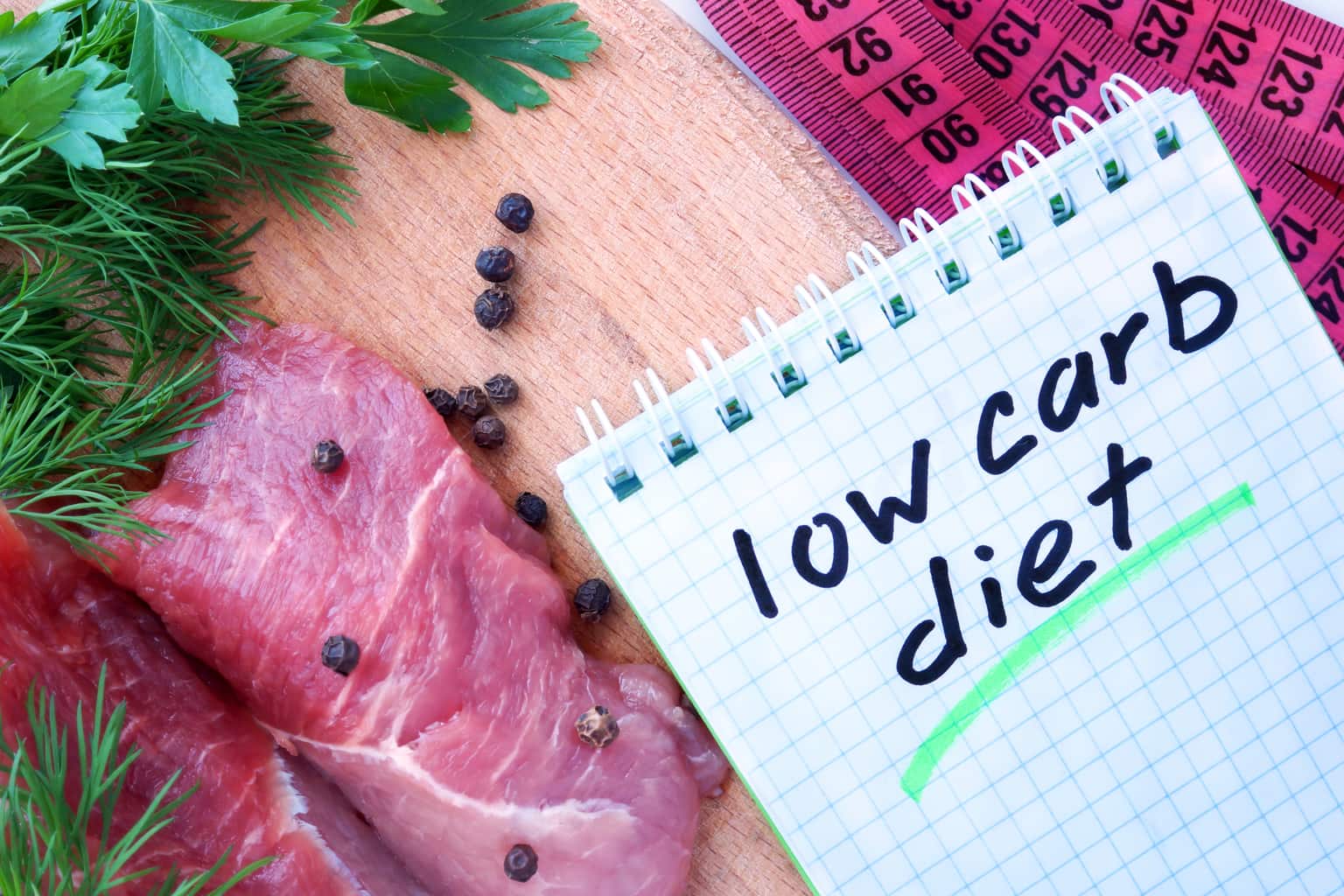
[cmamad id=”7948″ align=”center” tabid=”display-desktop” mobid=”display-desktop” stg=””]
Doctors are pretty vigilant about testing for diabetes.
When you visit his office, he may order a fasting glucose blood test.
And if the readings aren’t what he’d like, he’ll tell you that you have type 2 diabetes.
Or, you may have prediabetes — the early stages that lead up to full diabetes.
And then he will tell you to eat a low carb diet, but is a low carb diet good for you?
And if you ask the doctor why you get diabetes or why you may get diabetes, he will look at you with a blank stare.
Doctors do not have a clue as to what causes diabetes.
They don’t learn the cause in medical school, and what little they do learn is incorrect.
The truth is that people think diabetes is caused by consuming too much sugar.
And other people eating too much food in general causes it.
[cmamad id=”7949″ align=”center” tabid=”display-desktop” mobid=”display-desktop” stg=””]
But there are plenty of people that eat a lot of sugar who are thin and do not get diabetes.
There are also thin people, people who are not fat at all, who get diabetes.
So here is a very important study that attempts to reveal what causes us to get fat, and what can lead to diabetes.

The wonderful expression “over nutrition” kind of gives it away.
The researchers overfed mice and to determine what goes on with different types of diet.
They fed mice too much fat, or too much sugar, or too much starch, or too much PUFA fat (polyunsaturated fatty acids).
The researchers used mice, spiny mice, that respond very much as humans do to dietary variation.
Of course, that doesn’t mean the same thing will happen in humans as happens in these mice.
But the chances are very good that the results will be much the same with humans, as you will soon see as you read on.
High sugar rats had high thyroid levels, higher body temperatures and normal pancreases — and no diabetes.
This will surprise people who have been reading this newsletter.
But diets high in sugar and low in fat actually protect against diabetes!
In this case, we can see that the body increases thyroid in the form of higher T3 levels.
The higher T3 then raises the temperature and increases metabolism.
This higher temperature protects against weight gain and against diabetes.
And that makes perfect sense since we know that low metabolism and diabetes and diabetes are related.
Now, when they looked at the high-fat diet mice, they found that these mice ALL developed diabetes.
It is very trendy these days to pursue a ketogenic low-carb high-fat diet.
But the mice that received this high-fat low-carb diet became obese.
And they developed very large, even enormous pancreas beta cells.
After a while, these beta cells would burst or disintegrate, and the result was diabetes.
Note that these mice had very low sugar and low carbohydrate consumption, but they got diabetes.
The fat caused their diabetes.
These mice ate a high-fat mixture including sunflower seeds, sesame seeds, and pumpkin seeds.
All of these foods are high in polyunsaturated fatty acids — PUFA fats.
Serum glucose levels did not change appreciably on the SUGAR diet.
The sugar diet did cause the insulin levels in the blood to increase.
But it also raised thyroid levels and raised metabolism in general, and these high sugar diet rats did not gain weight.
They stayed thin.
So the high insulin levels were temporary, and the body did what it is supposed to do.
High sugar diets actually maintain good blood sugar levels, and keep you thin, as well as supporting high metabolism and high thyroid rates.
This same effect has shown up in human beings as well.
I’m sure you know someone who drinks a lot of soda and yet can maintain a very thin body shape.
The only conclusion is that sugar does not make us fat by itself.
Another problem showed up in the experiment with the mice.
The mice with the low-carb, high-fat diet had a strikingly low lifespan.
It gets really interesting with a high fat mice, especially as the fat is high in polyunsaturated fatty acids, or PUFAs.
The problem is that the mice on the high-PUFA diet kept dying.
Only 4 out of 23 of the high-sugar diet mice died within 18 months, but almost all the high-fat mice were dead before 18 months.
What does that mean for you?
This entire study is a warning to people who are pursuing the currently faddish low-carb high-fat diets.
Especially diets with PUFAs in them.
It’s impossible not to eat some polyunsaturated fatty acids,
Too many foods contain them, and moderation won’t hurt you.
But too many people eat diets high in PUFA fats.
And this is one reason why I see people on these faddish low-carb diets aging quickly — and getting sicker and sicker.
The other take away from this is that a diet high in sugar and low in fat has many benefits.
It can increase thyroid, raise metabolism, and make us thin.
Sugar is not necessarily a good thing to live on, but it can be an essential part of a balanced diet.
Especially a diet low in fat.

https://www.ncbi.nlm.nih.gov/pubmed/10751749

Leave a Reply